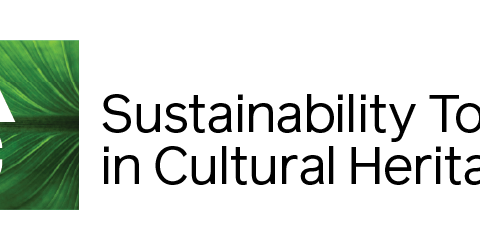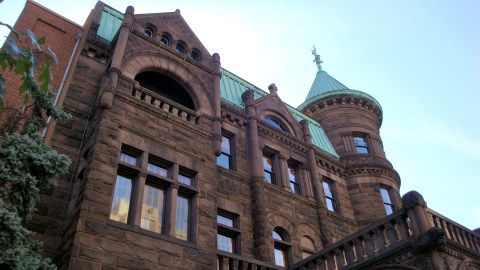Having just webcast the second annual CFM lecture (Gregory Rodriguez exploring the future of museums in a majority/minority nation) this seems an opportune time to revisit the topic of our first lecture “Gaming (is) the Future of Museums*”. In that talk futurist and games designer Dr. Jane McGonigal of the Institute for the Future gave museums kudos for fulfilling two of four prerequisites for happiness: providing opportunities to spend time with people we like, and the chance to be part of a bigger cause. She also pointed out where she feels museums often fall short: giving people satisfying work to do, and the experience of being good at something. Good games do all four of these things well (which is one reason they are so addictive.) Jane encouraged museums to study the characteristics of good game design, and apply them to our work. This doesn’t necessarily mean using complex technology. It can mean creating well-designed, participatory experiences, as Nina Simon has documented extensively on her blog and in her forthcoming book “The Participatory Museum.”
Jane’s work demonstrates how we can harness the energy and creativity people devote to games to solve real-world problems. She is about to launch a new game created for the World Bank Institute, which she bills as a “crash course in saving the world.” This is an opportunity for you to explore the world of Alternate Reality Games (ARGs) and their potential for creating change. EVOKE, launching in March, will challenge players to devise real world solutions to global issues such as food security, energy, water security, disaster relief, poverty, pandemic, education, global conflict and human rights.
As Jane explains in this interview ARGs use social networks and existing online tools such as video, blogs, wikis to create the game’s premise and environment and to solicit the response and contributions of players. ARGs are about “real play and not role play”—participants play themselves rather than some warrior or elf. The information and the players reactions are fictive, but plausible. ARGs can provide a fun and engaging way to explore potential futures and potential responses.
The EVOKE trailer is embedded below. Visit the website to read the first chapter of the graphic novel that presents the story line and sign up to participate. It might stimulate your thinking about how your museum can use on-line social media to recruit “players” dedicated to accomplishing your mission. Maybe, as with Superstruct (an ARG Jane ran to explore of the world in 2019), we can recruit many museum people to participate and investigate how museums can help solve these problems. After all, as Jane declared at the end of her lecture, “museums can save the world!”
(*You can access materials related to the “Gaming (is) the Future of Museums” lecture, including video clips, resources and discussion guide, at the CFM website.)
Here is the trailer for EVOKE:
EVOKE trailer (a new online game) from Alchemy on Vimeo.








